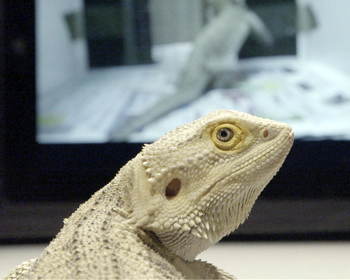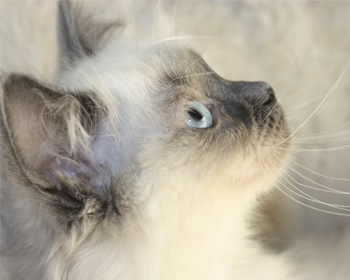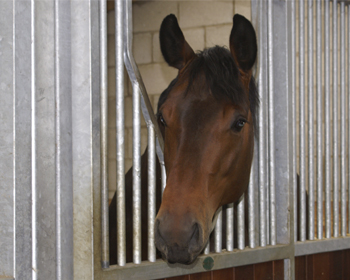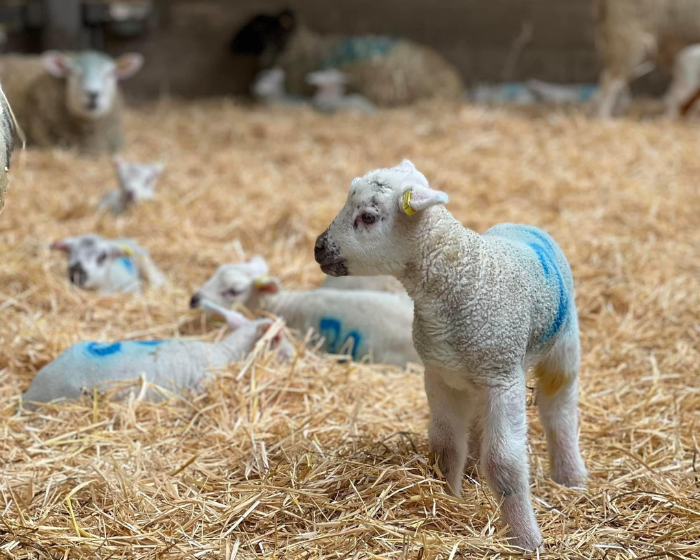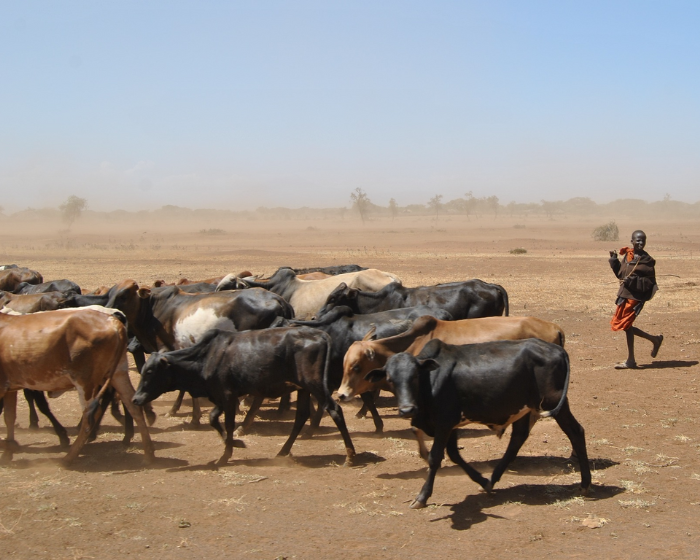/prod01/university-of-lincoln-cdn-pxl/media/responsive2017/collegeofscience/schooloflifesciences/research/animalbehaviourcognitionandwelfare/Animal,Behaviour,hero,image.jpg )
Animal Behaviour, Cognition and Welfare Research Group
Innovative Solutions to Animal Health, Welfare, and Society
We are a unique team of internationally renowned researchers working at the forefront of, and interface between life, environmental, health, computing, and social sciences. Our cross-disciplinary research benefits from strong links with members of the School of Psychology and the School of Computer Science, as well as other research groups within the School of Life & Environmental Sciences, particularly the Evolution and Ecology Research Group and the Lincoln Institute for Agri-food Technology.
We collaborate in our pursuit of excellence, with multidisciplinarity at the heart of much of what we do, working in partnership internally and externally (nationally and internationally), and with other leading universities, charities, government organisations, and businesses.
We have an established track record of research funding from Government, Charity and Industry as we seek to translate fundamental research to real world impact. Significant investment for our research has been obtained from research organisations such as BBSRC, Defra, dstl, ONR, NC3Rs, as well as charitable and commercial organisations, including RSPCA, UFAW, Boehringer Ingelheim, CEVA Santé Animale, Dogs Trust, Border Force.
In addition, we offer external consultancy and continuous professional development courses to those wishing to work with leading authorities in animal behaviour, cognition, health and welfare. This includes members of the animal care and pet food industry, agricultural producers, veterinary pharmaceutical companies, television and other media as well as clinical behaviour services.
We challenge the status quo in order to explore and identify new, inclusive and innovative ways to address complex contemporary issues of regional, national and global significance.
Follow us on Facebook at facebook.com/ABCWResearchGroup
Our Purpose
The Animal Behaviour, Cognition and Welfare Research Group uses a multidisciplinary approach to generate and translate research for the purposes of providing innovative, practical solutions for the benefit of society, including for all animal species with which we interact.
Our vision is to be a transformative force for good within society, enabling excellent health, welfare and prosperity within an inter-connected and complex world.
Our long-term ambition is to maintain and grow our global reputation for research excellence relating to animal behaviour, cognition, health and welfare.
Our Values
As a civic university, we believe it is important that we articulate our values as they reflect who we are and what we stand for. Our guiding principles are:
Accepting Personal Responsibility
We accept personal responsibility for the wellbeing of people, our community, the environment and animals with whom we co-exist. We are committed to morally responsible research and the promotion of ethical practices.
Challenging Each Other
We have the courage to challenge each other respectfully in order to expand the boundaries of scientific understanding and maintain rigorous standards.
Embracing Difference
We prioritise inclusive practices in all our work, embracing difference through a global mindset that recognises the value and inclusive benefit of diversity, especially in relation to gaining greater insight into complex problems and their solutions.
Striving for Excellence
We strive for excellence in everything we do, holding high expectations of our performance and the impact of our research. This is enabled by our excellent facilities which include internationally recognised behaviour, perception and cognition laboratories for vertebrate and invertebrate species, the university farm and related research facilities at Riseholme.
Working Collaboratively
We work collaboratively, creatively, and innovatively as a team and with a range of stakeholders in order to co-create research, inform policy and deliver solutions with meaningful economic and societal impact.
Our Research
Department of Life Sciences
College of Health and Science
University of Lincoln
Brayford Pool Campus
Lincoln
LN6 7TS
